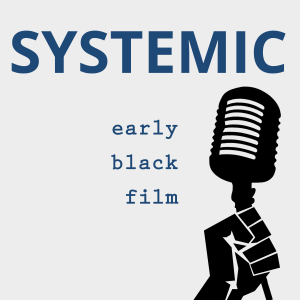
Hollywood’s representation of underserved and marginalized populations has been under scrutiny since the first film flickered. Authentic storytelling that fully embraces the complexity and vibrancy of any people must be rooted in, and informed by, those people.
Early in the 20th Century, film provided a window to the lives, stories, and narratives of those far and wide. And, as we learned from the comic book industry, with great power, comes great responsibility! Unfortunately, many early filmmakers used this power to further spread inaccuracies and hatred. One of these most famous films is “Birth of a Nation,” D. W. Griffith's 1915 adaptation of the 1905 novel, “The Clansmen.” It tells the story of two families dealing with the fallout of the civil war with a very slanted view.
To contrast, early Black filmmaker and novelist Oscar Micheaux wrote and directed the 1919 film “The Homesteader,” which chronicled life for Black Americans during post-civil War, but from an authentic perspective, offering a counter-argument to Griffith and the work of other filmmakers at the time.
In this episode of Systemic, our host Dan Kimbrough sits down with Dr. Charlene Regester from the University of North Carolina, Chapel Hill. Dr. Regester teaches in the Department of African, African American, and Diaspora Studies, and her work focuses on early black film history, including black filmmakers, actresses, actors, and performers.
Our discussion looks at the life and works of Oscar Micheaux and how we almost lost them; the film-going and artistic experience for Black people in the early 20th century; and the lessons filmmakers and society as a whole should learn from these early efforts.
Comments (0)
To leave or reply to comments, please download free Podbean or
No Comments
To leave or reply to comments,
please download free Podbean App.